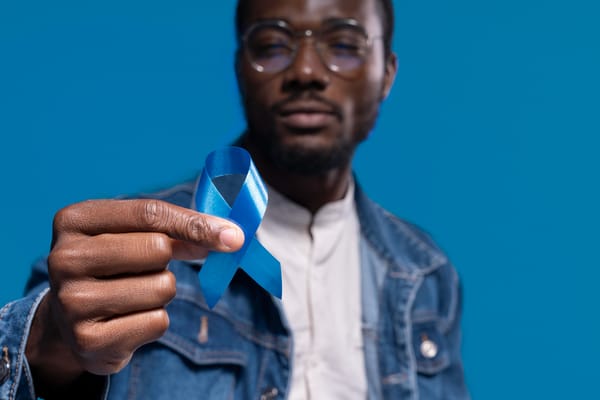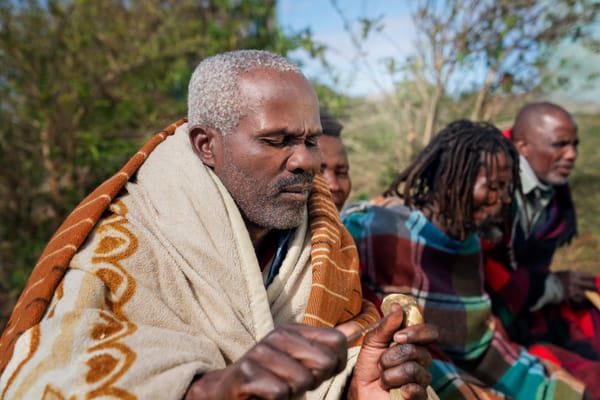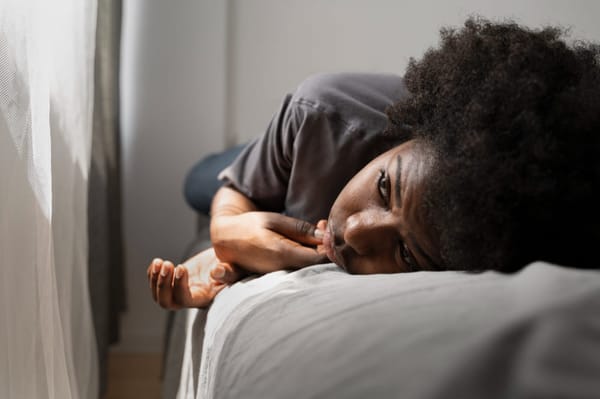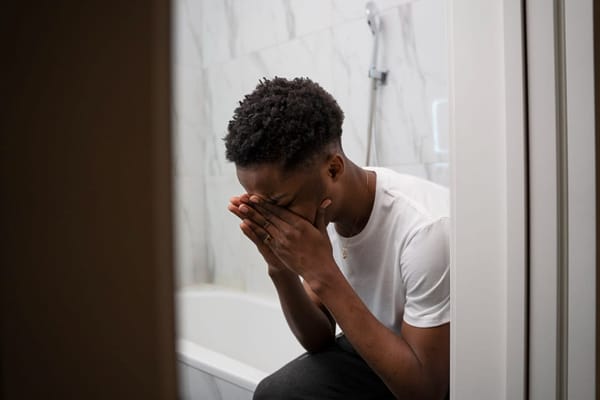BEYOND THE CUT: NOT ANOTHER ALUEL
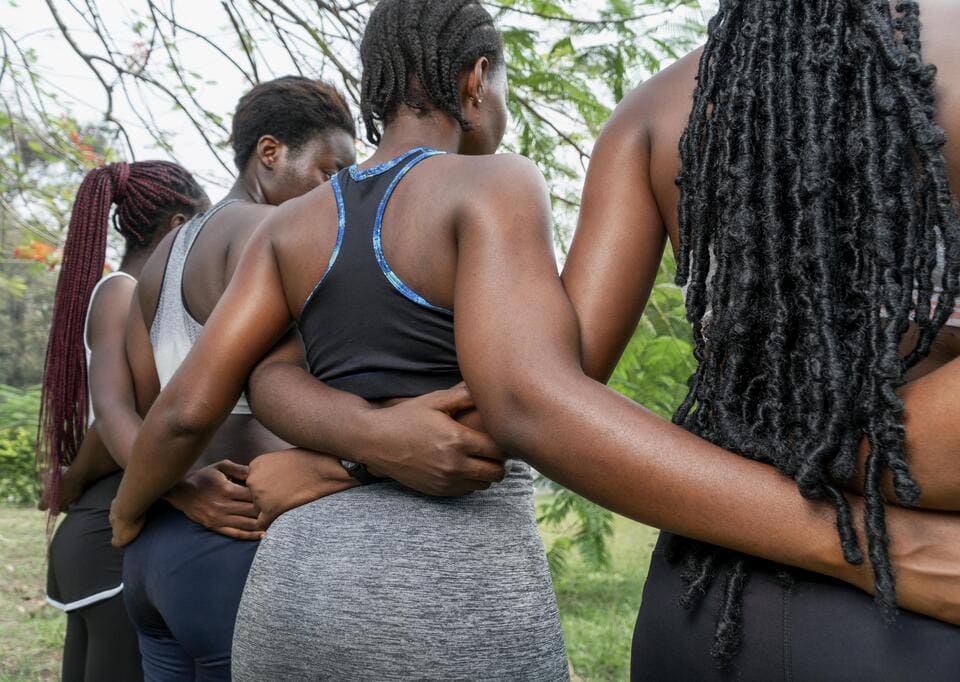
At 13 years old, Aluel, a school-going child, had her world dismantled. Aluel had heard whispers about “the cut”- the process of being a woman. She had never really given much thought to it until one night she found herself under the force of mature hands pinning her down and a chorus of, “be strong, you are becoming a woman”. Aluel was facing the searing blade. Aluel gave thought to “the cut”. Aluel decided she did not want to be strong. Aluel decided she did not want her womanhood determined by the blade. So Aluel pleaded for mercy amid screams and scratches. As her screams were swallowed by the night, so was her childhood. She was branded a new 13-year-old woman.
That night, Aluel was not just losing a piece of herself to the blade. She was losing the right to her own body, the right to choose when to marry, and the right to complete her education. Like thousands of other girls, she was forcefully pushed onto a path of early marriage and school dropout, a fate many never escape. FGM had sealed her future without consent
But this story is not unique to Aluel. The cries you hear are not just the cries of Aluel. These are the cries of over 230 million girls and women affected by Female Genital Mutilation (FGM) worldwide. In Somalia, the prevalence rate is 98%; in Sudan, 86%. While Kenya's overall rate stands at 14.8%, regions like Narok, Kisii, and Kuria tell a more harrowing story. In Kuria, for example, whole communities hold events to prepare young girls for FGM season, ignoring the risks, the trauma, and the laws.
FGM is a slow, sanctioned erasure of the girl child. According to WHO, it increases the risk of maternal and newborn deaths by over 50%. In counties like Narok and Mandera, these figures are not numbers, they are funerals.
But it doesn’t end with physical scars. FGM paves the way for child marriage. In Kenya, Uganda, and Tanzania, 60% of girls who undergo FGM are married before turning 18. After the cut, Aluel’s school bag gathered dust. In communities where FGM thrives, dropout rates rise by over 30%. Classrooms empty out. The laughter of girls is replaced with silence and suffering. Many never return.
It gets more horrifying. There is the pain you do not see—the kind that lingers in the mind. UNICEF reports that over 80% of survivors suffer from PTSD, anxiety or depression. Nice Nailantei Leng’ete, who escaped the cut and became a global activist, remembers the fear: "I saw death because of circumcision. I was afraid I’d die. And if I didn’t die, I would be married. I would never return to school."
The law is clear. The Prohibition of Female Genital Mutilation Act (2011) criminalizes FGM in Kenya. The Children Act (2022) reinforces these protections. But the enforcement is blurred by distance and denial. In Kuria, families cross into Tanzania to evade prosecution. In urban areas, FGM is medicalized, performed quietly in clinics by professionals who should know better. But the scars, whether made in huts or hospitals, run just as deep.
Why does it continue?
Because silence still shelters it. Because some mothers believe it protects their daughters. Because some fathers think it guarantees a dowry. Because even though the blade is illegal, the beliefs that wield it remain. Ending FGM is not just a legal battle; it is a cultural one. And that battle must be fought where girls are cut: in homes, in ceremonies, in whispered conversations around cooking fires.
We are not powerless. This is the time we have to bring change, and everyone has a role to play. Teachers must raise their voices whenever female students go missing from their classes. Young people need to use social media tools to destroy false information and elevate the voice of those who have survived FGM. Let religious and cultural leaders not lag behind. There exists now more than ever an urgent need to establish protected transition rituals for modern communities.
Brave organizations such as Amref Health Africa, together with the Anti-FGM Board and grassroots activists require our support to defend at-risk girls. The Childline Kenya 116 provides safe helplines against the unsafe world, which serve as critical support services to youth.
Let us not pretend this is someone else’s fight. It is ours. Because for every Aluel, there are thousands more waiting, fearing, enduring.
Let this not be just another article. Let it be the start of a conversation. A pledge. A movement.
We must protect our daughters. We must ensure that no girl loses her childhood to the blade.
We must speak.
We must act.
We must end FGM.
By: Nelson Odero
